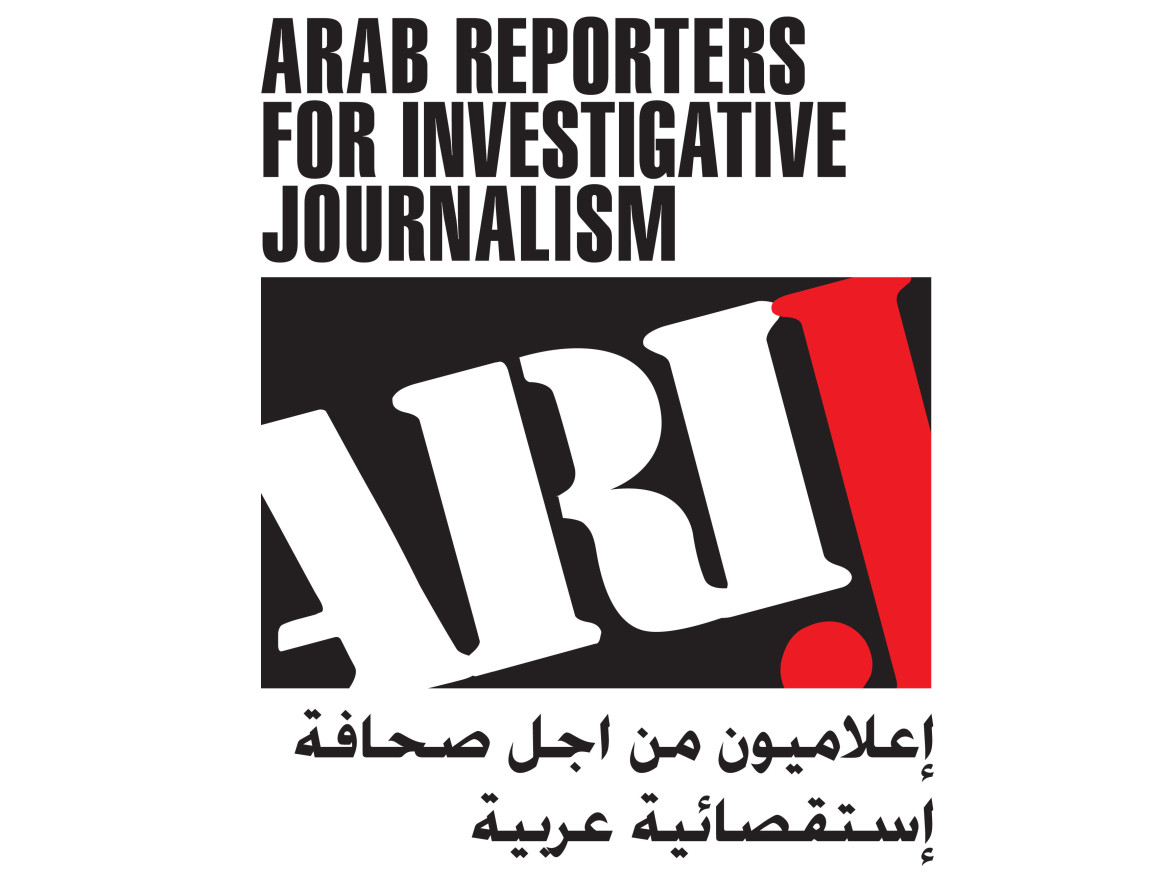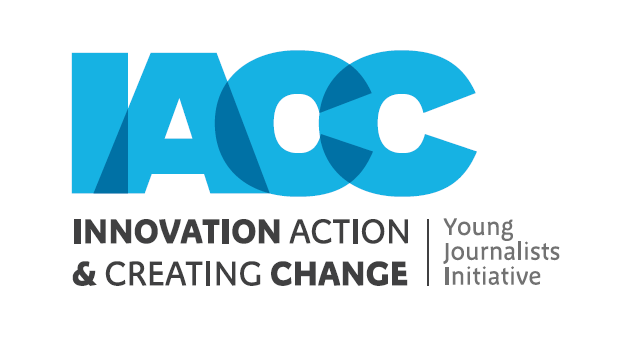 Rana Sabbagh, executive director of Arab Reporters for Investigative Journalism (ARIJ) could not be prouder.
Rana Sabbagh, executive director of Arab Reporters for Investigative Journalism (ARIJ) could not be prouder.
This past weekend she had the opportunity to present the work of her association at the four-day Global Investigative Journalism Conference in Rio de Janiero, which because it has drawn more than 1,300 journalists from 89 nations is being called “The World Cup of investigative journalism”.
During a session dedicated to “The state of global investigative journalism,” this prominent Jordanian journalist described several ground-breaking, undercover investigations executed in the Arab world.
Since the start of the “Arab Spring” uprisings, in January 2011, political, social and economic changes have often been sharp, and local journalists found it necessary to evolve rapidly to cope with those transformations. ARIJ, the first and only NGO in the region promoting investigative journalism, has since then, and even before, been assisting muckrakers during the transition.
The association has been providing training and funding for both expert and aspiring journalists. The stories produced dealt with almost all worrisome vulnerabilities in the Arab societies.
- Hanene Zbiss, a young Tunisian journalist managed to infiltrate the closed world of Koranic kindergartens, where children are introduced to rigid and uncompromising religious belief, which Sabbagh characterized as brainwashing.
- Huda Hanayfa, a journalist from Jordan, shed the light on one of darkest black markets there: the market of illegal abortion drugs.
- In Yemen, Ghamdane Al Dakimi, revealed the use of contaminated water in the mosques of Sanaa, and documented serious skin infections caused by the polluted water.
- Abderrahman Shalabi and Mohamed Ali Zaydane, two Egyptian reporters, hounded the investments and foreign financing of the Muslim Brotherhood party. The investigation led them to several suspicious links between the party and many organizations holding accounts in Swiss banks.
- Ibrahim Abu Zeina, a Jordanian journalist, reported endemic corruption in the municipality of Zarqaa. After seven months of investigation and information gathering, he found that “the deterioration of the environment over there is due to resource mismanagement and unfair appointments.”
In Zarqaa, corruption, nepotism and favoritism have resulted in a debt of $19.5 million. The municipality, which had not been indebted until 2OO7, is now paralyzed by the weight of this burden, no longer able to deliver basic services, such as garbage collection and street cleaning.
Despite the whiff of freedom gained in the wake of the “Arab Spring”, many obstacles are preventing journalists from fulfilling their missions. Legal barriers are still powerful. Only three countries (Jordan, Yemen and Tunisia) have introduced legislation to promote the right of access to information, she said, and even there, only a few journalists and citizens are aware of the existence of this legal instrument.
“The things we can’t report on actually are intelligence matters, sometimes the Muslim governments, sometimes the kings and the presidents,” said Sabbagh.
But to access these restricted areas, Sabbagh relies on the help of her colleagues around the world.
“We could set up cross-border collaboration, and have foreign media take our stories and publish them, and then have the local press take it up,” she explained. “We can also create coalitions with local journalists, members of parliaments and with NGOs that stand up for the causes that we are defending.”
Speaking to several hundred journalists attending her presentation, Saddagh concluded: “It is a difficult battle, but when I see all these journalists today, I think we are here (because), we want to make difference in our own countries and we want to be a benchmark for accountability journalism.”
—
 Hafawa Rebhi reports on this event as part of the IACC Young Journalists Initiative, a network reporting on corruption around the globe.
Hafawa Rebhi reports on this event as part of the IACC Young Journalists Initiative, a network reporting on corruption around the globe.
